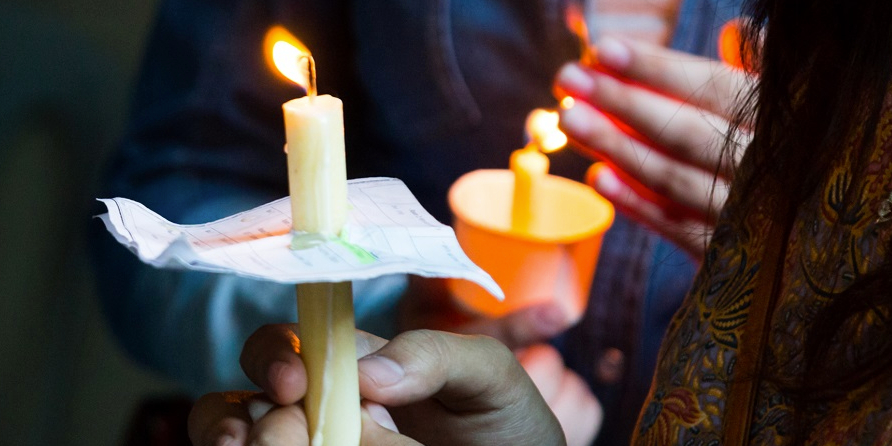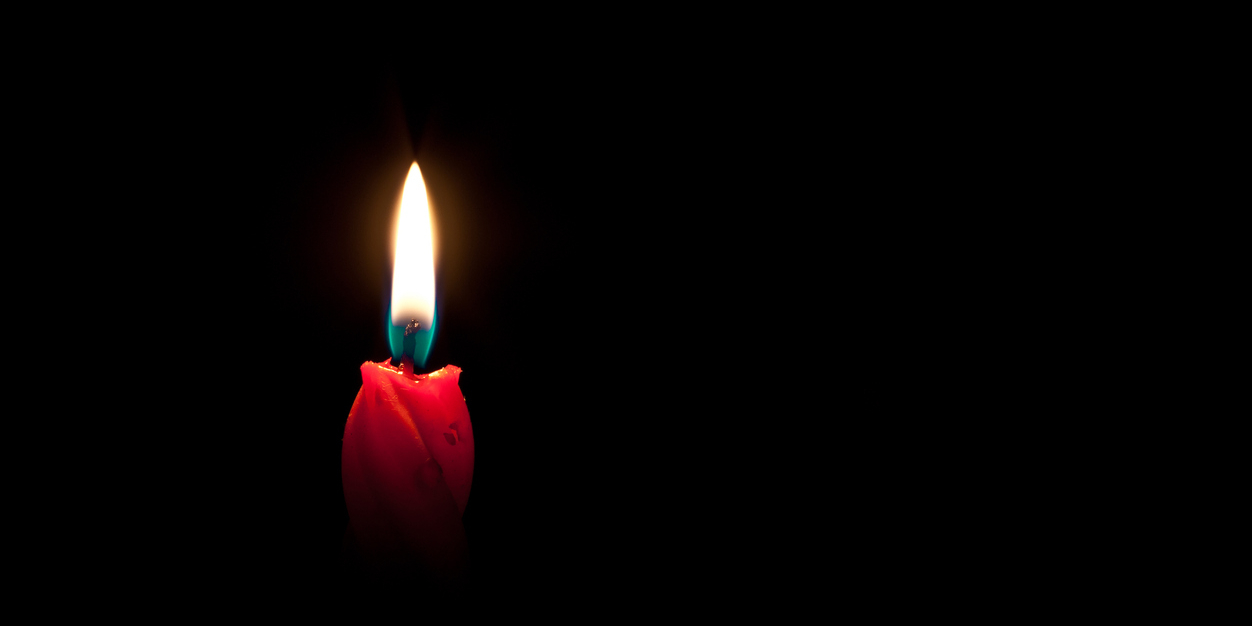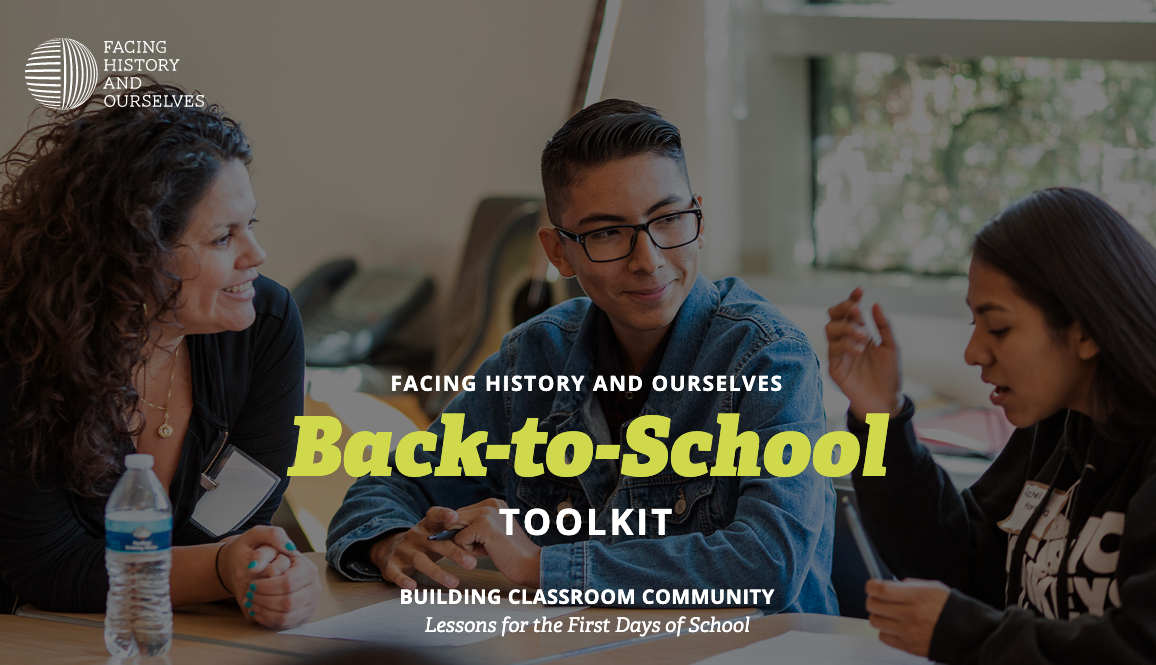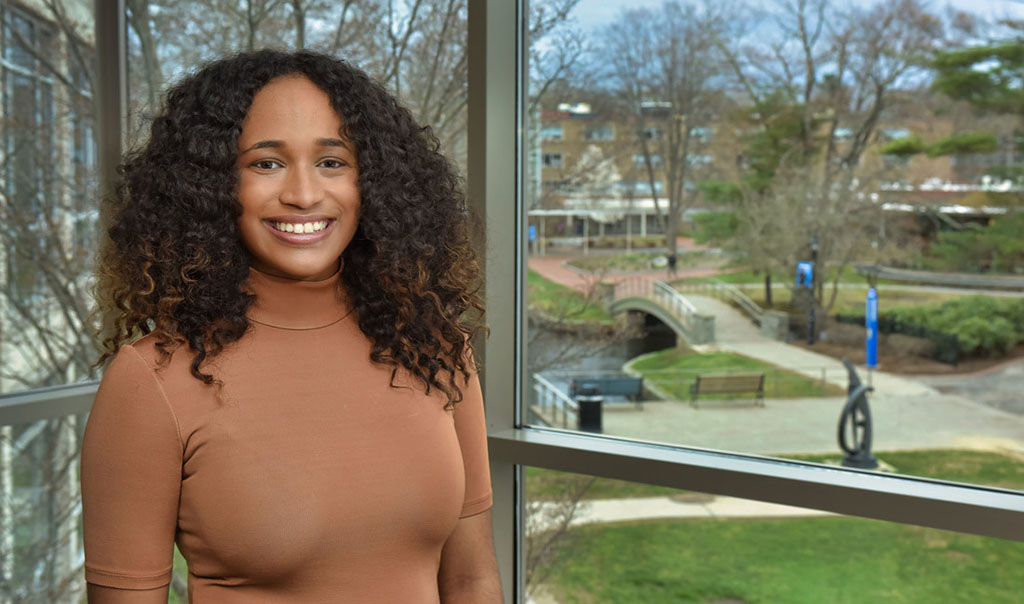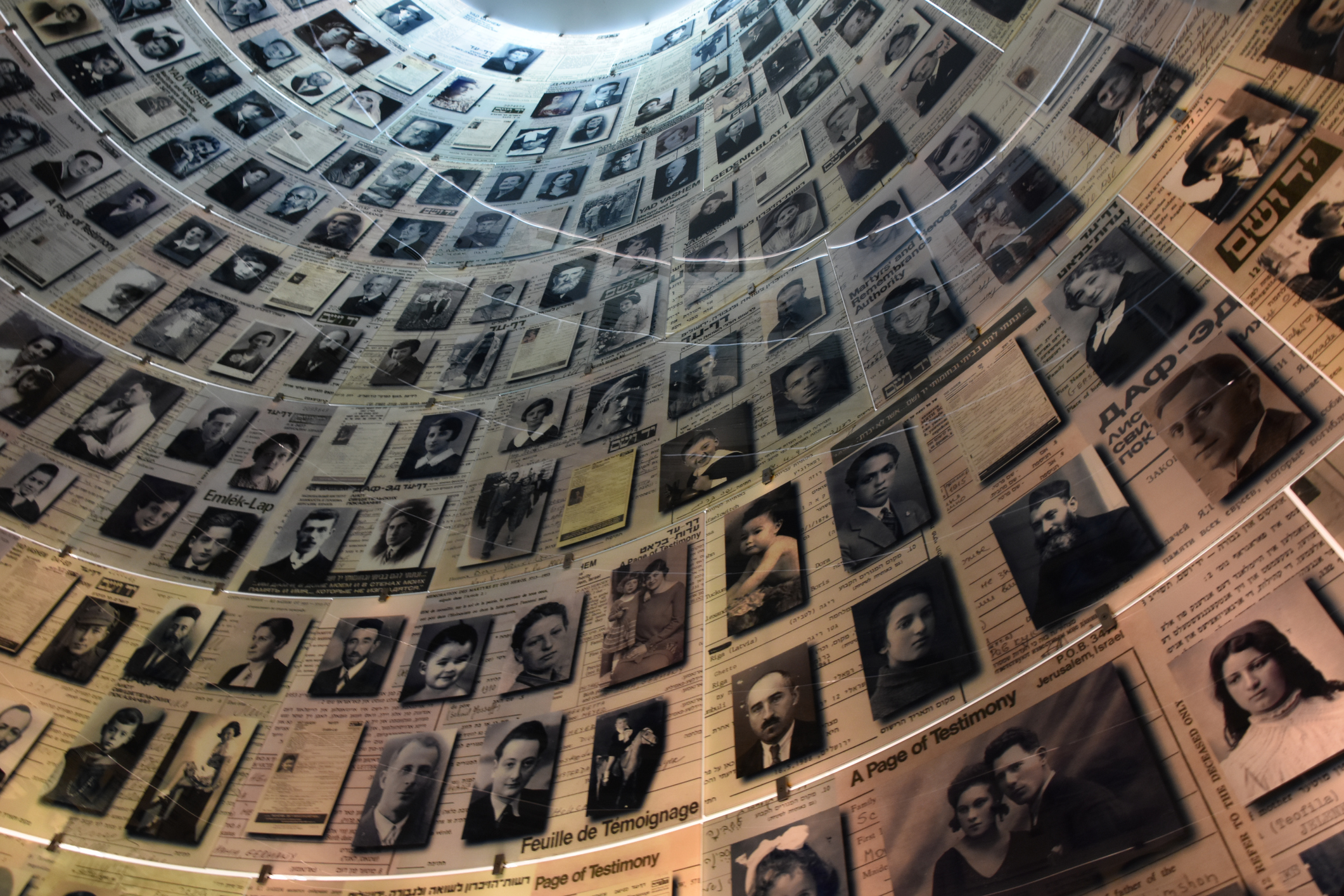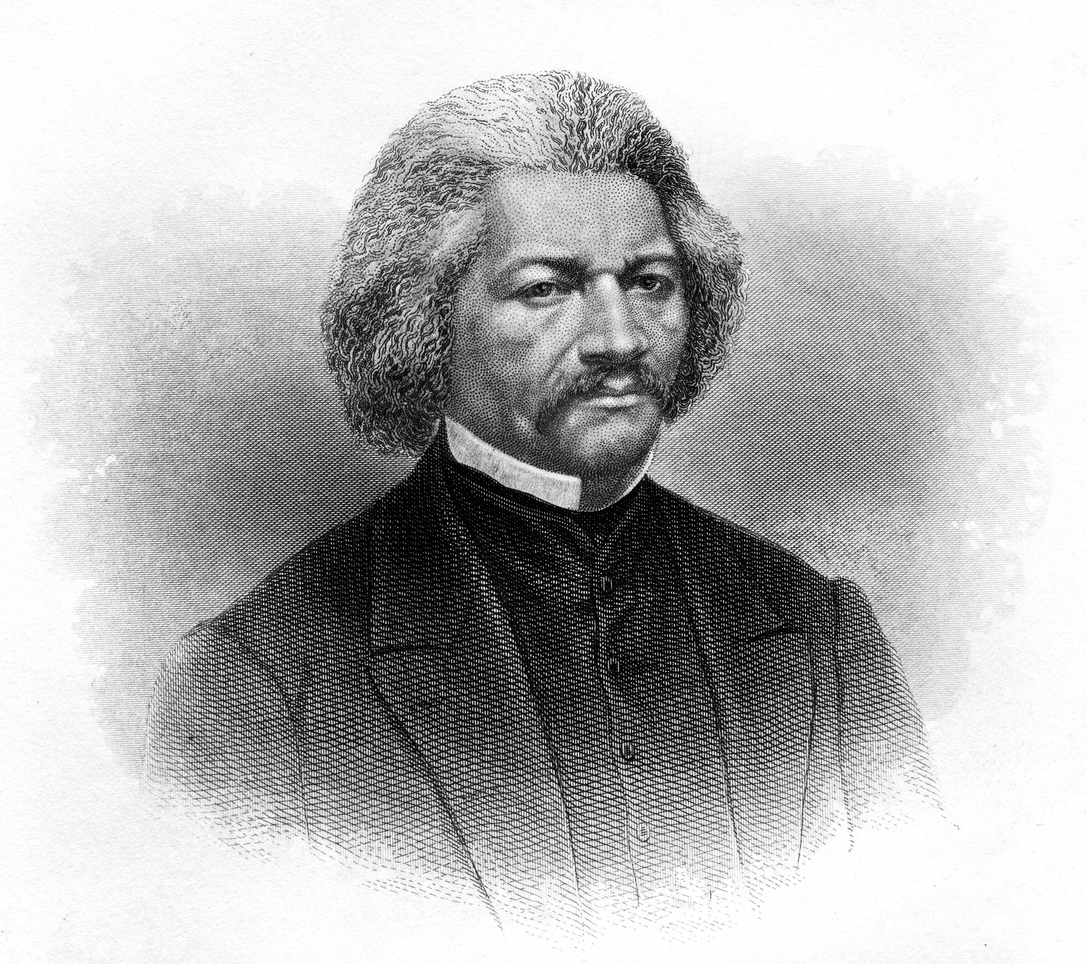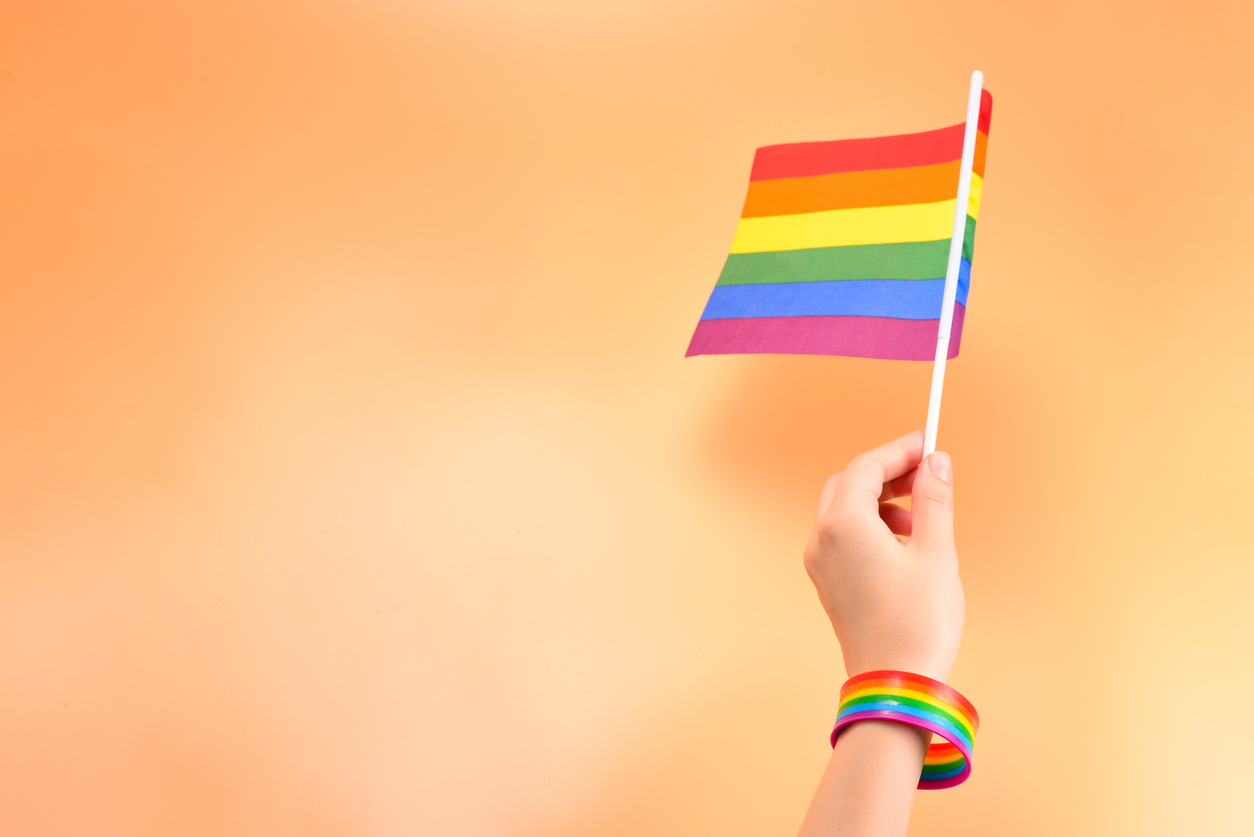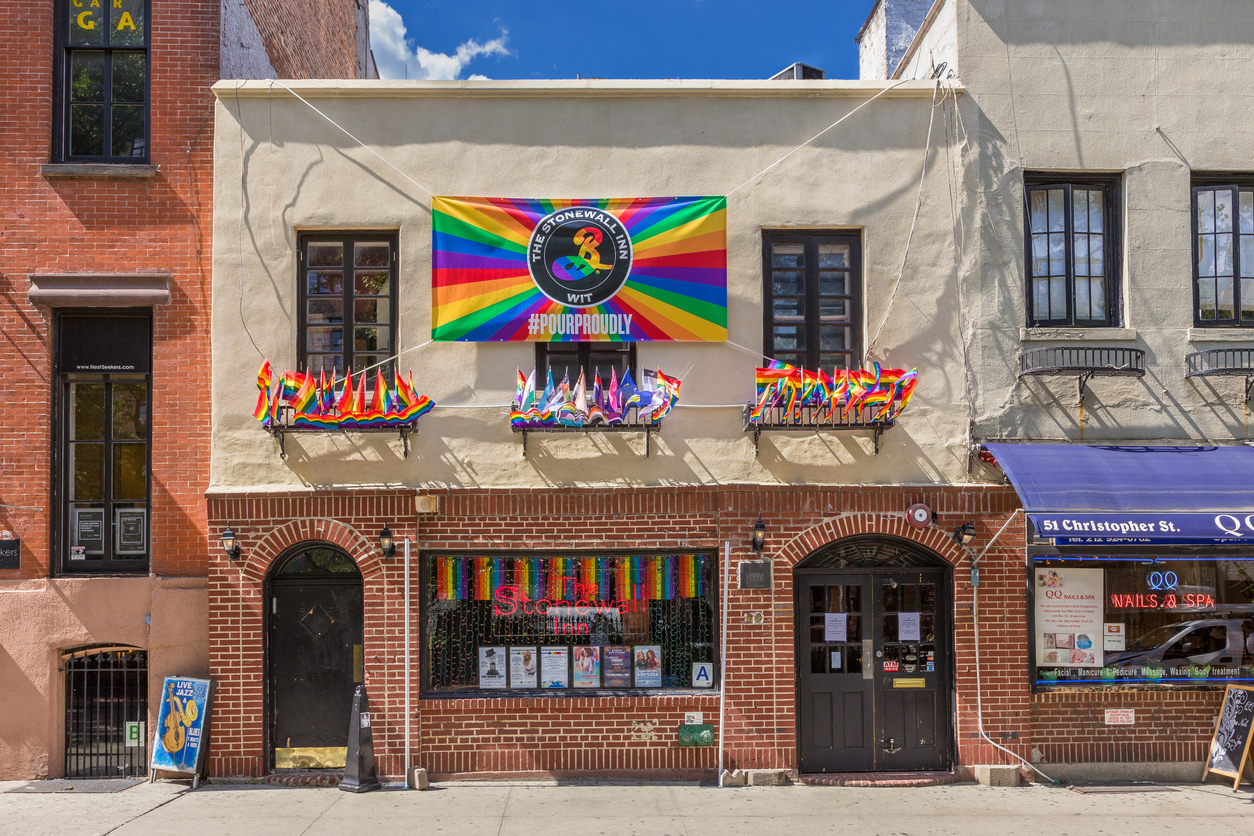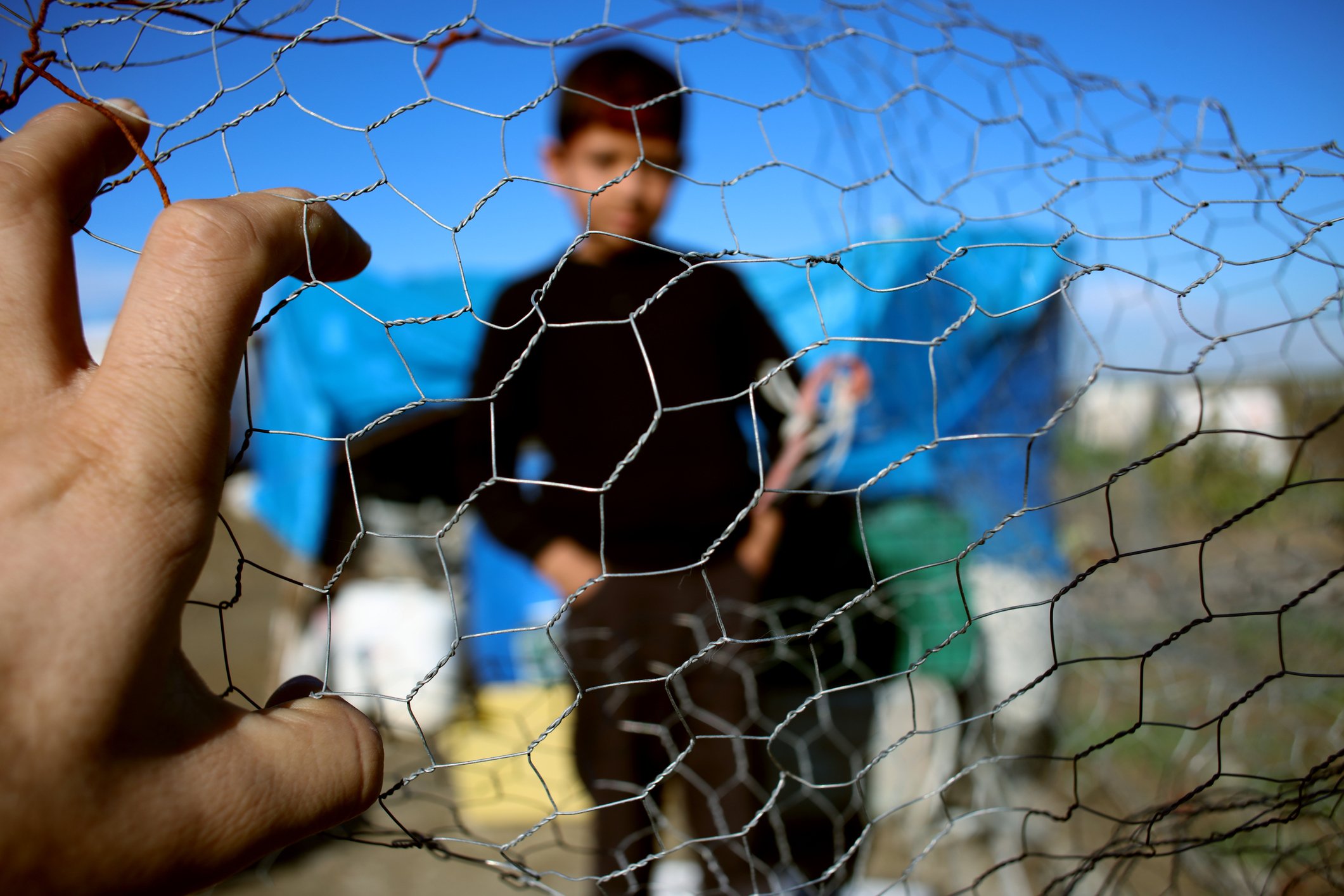Over the last week, mass shootings across the country—from Gilroy, California; to El Paso, Texas; to Dayton, Ohio—claimed over 30 lives and left 69 injured. These horrific events—one of them, a hate crime—evoke a range of emotions from anger to fear to sorrow as we mourn the loss of the victims, and watch their families and communities grieve the immeasurable losses that have befallen them.
Summer 2019 marks the centennial of what author and activist James Weldon Johnson referred to as “Red Summer,” a series of 1919 lynchings and other acts of violence against African Americans across the country. These events, which unfolded in several cities including Chicago and Washington, DC, are not widely known or taught. But they should be as our nation grapples with the history of racism and its legacies.
Topics: American History, Racism
For teachers who don’t hold additional jobs, summer vacation offers an opportunity for a hard reset—a time to recharge from the madness of the academic year and prepare for the rigors of the next one. But it’s hard to find solace in the slowed pace of summer when it’s only a matter of time before we will, again, feel the stressors of the classroom. The chronic stress at the heart of teacher burnout follows us all year long, and the consequences may be more far-reaching than we think. Though declines in teachers’ health and students’ academic performance are among the major consequences of teacher burnout, the emotional intelligence of our students is also at stake.
Topics: Teachers, School Culture, Empathy
We know that the first week of the school year is a crucial time for teachers to get to know their students, and to establish welcoming and inclusive classroom communities. To support teachers as they lay the foundation for a reflective and courageous community, we are pleased to launch the “Back-to-School Toolkit: Building a Student-Centered Learning Community for the First Days of School.”
Topics: Teachers, Lesson Plans
How Facing History Stirs the Call to Teach: An Alumna Interview
Posted by Kaitlin Smith on July 19, 2019
Formed in collaboration with Facing History and Ourselves in 2005, The Facing History School is a public high school deeply informed by Facing History pedagogy within the New York City Public Schools. In a recent interview, I spoke with Yenny Bautista—alumna and Fulbright English Teaching Fellow to Brazil—about how the Facing History experience stirred her call to teach.
Philosophy After Auschwitz: The Responsibility to Bear Witness
Posted by Beki Martin on July 11, 2019
Dr Kurt Brandhorst and Dr Rachel Jones, philosophy lecturers at George Mason University in Virginia, recently taught an undergraduate course called “Philosophy After Auschwitz”. Through the course, they wanted to confront the issue of bearing witness to what happened in the Nazi concentration camps, the work camps, and the death camps - not just as a historical question but as an ongoing responsibility for us today. Beki Martin, the Executive Director of Facing History in the UK interviewed them to find out more.
Topics: Holocaust and Human Behavior, Experiential education, Travel
In Frederick Douglass’ landmark 1852 speech, “What to the Slave is the Fourth of July?,” he exposed the hypocrisy at the heart of American democracy in the antebellum period. Douglass addressed descendants of white American colonists in Rochester, New York—colonists who had declared independence from the oppression of British rule only to construct a new world predicated on the enslavement of other human beings. He galvanized the audience to examine these contradictions in the wake of a legal decision that would seal the fates of many thousands of enslaved Africans for over a decade.
Topics: Reconstruction, American History, Black History
Teaching LGBTQIA+ Students: Insights from Harvey Milk High School
Posted by Kaitlin Smith on June 28, 2019
Harvey Milk High School was the first high school in the world designed for LGBTQIA+ students when it opened in New York City in 1985. In a recent interview, I spoke with two Harvey Milk staff—clinical social worker Tanya Koifman and social studies teacher Natalie Velazquez—about some of the unique challenges facing LGBTQIA+ students today, the depth of resilience their students exhibit, and strategies educators can use to engage LGBTQIA+ students everywhere.
Widely considered the event that inaugurated the modern gay rights movement, this Friday, June 28th marks the 50th anniversary of the Stonewall Riots.
Stonewall was the culmination of a number of efforts that had been bubbling just beyond public perception for decades and finally burst into view when a group of LGBTQ people facing ongoing police brutality and economic exploitation fought back at New York City’s Stonewall Inn.
Topics: Memorials, New York, Universe of Obligation, Racism, LGBTQ
Language can be alienating. Words with strong associations often force us to take positions of opposition, rather than seek understanding. This has happened recently, when detention centers along the U.S.–Mexico border were termed “concentration camps.” The response was foreseeable: the term has become so strongly associated with Nazi deportations and killing centers that any other use of these words can feel insulting. Used in a contemporary context, the words themselves have the power to cause pain, seeming to diminish the suffering of those who experienced or survived the Holocaust.

